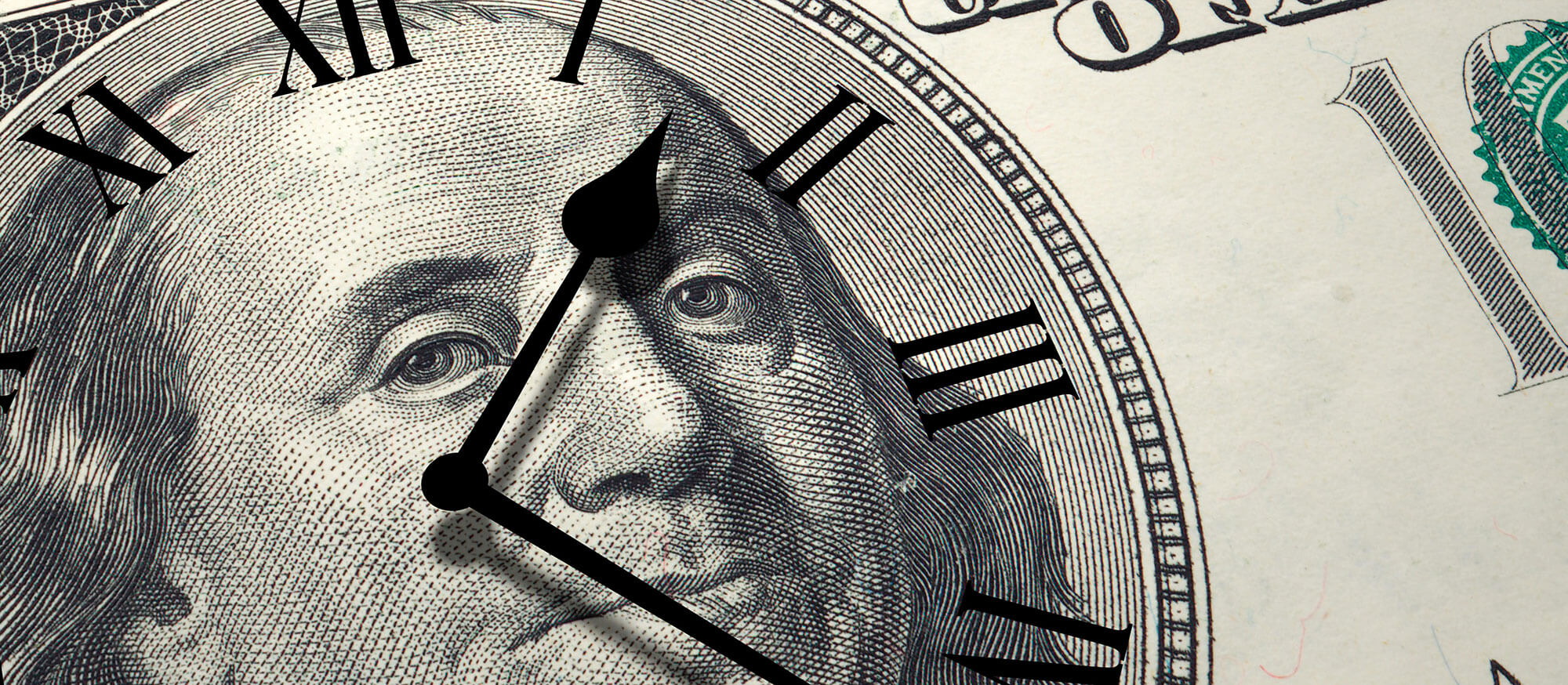I Haven’t Seen my Economic Impact Payment Yet, What’s the Deal?
Reading time: 3 Minutes
April 24th, 2020
On Wednesday, April 15, 2020, the government began distributing economic impact payments as a result of Congress' approved $2 trillion-plus emergency stimulus relief package designed to help alleviate some of the financial effects of the coronavirus pandemic. For many eligible Americans, these funds arrived in the form of a $1,200 payment, plus $500 per dependent child under age 17, directly deposited into the bank account listed on their 2018 or 2019 tax returns.
But many others have not yet received their Economic Impact Payment (EIP), leaving millions with the same question: Where's the money?
To answer that question, the IRS recently launched an app through their online web portal called “Get My Payment," which allows taxpayers to check on the status of their economic impact payments and whether money is arriving via direct deposit or paper check. But Get My Payment doesn't function perfectly; some have tried the app and been met with an inconclusive message: “Payment Status Not Available."
If your stimulus payment hasn't arrived yet, here are some possible reasons why—and what to do next:
The IRS doesn't have direct deposit info for you.
Most taxpayers provide their bank account details to the IRS in order to more conveniently receive tax refunds. If the IRS doesn't have your bank information, your stimulus check will instead arrive via mail, which could delay payment by weeks or even longer.
Can't wait that long? You can still give the IRS your direct deposit info online, whether you're a tax filer or a non-filer. Keep in mind that, due to increased traffic, the IRS website may be running slow or experiencing glitches.
Another important note: if you didn't receive a federal refund after filing your 2019 and 2018 taxes, the IRS may not directly deposit your payment. Even if a specific bank account is on file because you owed money, the IRS will not deposit funds into that same account.
Your payment went to an out-of-date or incorrect bank account.
The IRS is sending economic impact payments to your bank account using information from either your 2019 or 2018 taxes. If you have since closed that account or changed banks, the stimulus payment won't go through. The bank will reject the deposit—and instead, the IRS will issue a paper check that will be mailed to the most recent physical address the IRS has on file for you.
Additional delays may arise if you recently filed your 2019 tax return (which might still be getting processed), if you filed a paper return (the IRS has stopped processing paper returns and most employees are working remotely due to COVID-19) or if you worked with a tax preparer who set up a temporary bank account for your tax refund (in which case, the IRS will mail a paper check).
You haven't filed taxes for 2018 or 2019, or you aren't usually required to file a tax return.
If you're required to file annual taxes but haven't done so for either the 2018 or 2019 tax year, the IRS has no way of determining your adjusted gross income and whether you should receive an economic impact payment. For others who are not normally required to file taxes, including people with low income or senior citizens, the IRS offers an online form that only asks for basic information, such as a name, Social Security number, and date of birth. (No income information needs to be provided.) Individuals can provide bank account info for direct deposit payments or a mailing address to receive a physical check.
You aren't eligible for an economic impact payment.
In order to receive a stimulus payment, you must be a U.S. citizen or legal immigrant; have a Social Security number; have an adjusted gross income of less than $75,000 a year (or $150,000 for married couples filing jointly) to receive the maximum amount; and you cannot be claimed as a dependent on someone else's tax return.
As a reminder, all stimulus checks are arriving from the federal government and not your local bank or credit union. For more information, click here to learn about the IRS' economic impact payments.
And keep this in mind as you research your EIP situation: The IRS will never initiate contact via phone call, email, text, or social media to request money or ask for your personal financial information. The Federal Trade Commission warns that scammers may be posing as government employees to take advantage of stimulus payment recipients. Visit the Report Phishing and Online Scams at IRS.gov to learn more about suspected scams.
Tip: Want to check whether you've received your EIP check? It's fast and easy to check your checking or savings account balance online, or through your bank's mobile phone app.
You're about to exit BOH.com
Links to other sites are provided as a service to you by Bank of Hawaii. These other sites are neither owned nor maintained by Bank of Hawaii. Bank of Hawaii shall not be responsible for the content and/or accuracy of any information contained in these other sites or for the personal or credit card information you provide to these sites.
